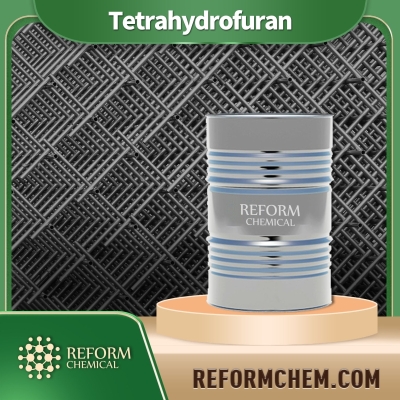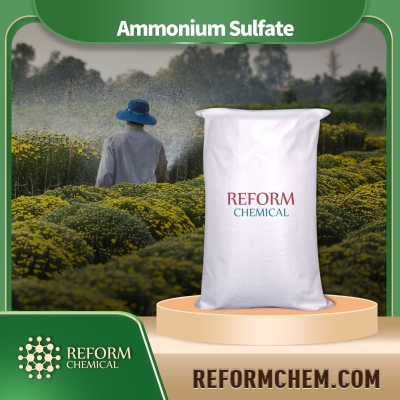-
Categories
-
Pharmaceutical Intermediates
-
Active Pharmaceutical Ingredients
-
Food Additives
- Industrial Coatings
- Agrochemicals
- Dyes and Pigments
- Surfactant
- Flavors and Fragrances
- Chemical Reagents
- Catalyst and Auxiliary
- Natural Products
- Inorganic Chemistry
-
Organic Chemistry
-
Biochemical Engineering
- Analytical Chemistry
-
Cosmetic Ingredient
- Water Treatment Chemical
-
Pharmaceutical Intermediates
Promotion
ECHEMI Mall
Wholesale
Weekly Price
Exhibition
News
-
Trade Service
China's pesticide industry started late, and roughly experienced three development stages of organochlorine pesticides from the early founding of the People's Republic of China to the 1980s, organophosphorus pesticides from the 1980s to the early 21st century, and heterocyclic pesticides and biological pesticides in the 21st century
.
Since the 1990s, in order to increase the self-sufficiency rate of pesticides, the country has continuously increased its investment in the pesticide industry.
Chinese agrochemical enterprises have introduced technology from abroad.
Through the introduction, digestion, absorption and innovation, the production process technology has made significant progress.
It has effectively improved the technical level of China's pesticide industry
.
After years of development, China has formed a relatively complete pesticide industrial system including scientific research and development, original drug production, preparation processing, raw materials and intermediates
.
The production capacity and output of pesticides have been in the forefront of the world, the product quality has been steadily improved, and the variety has been increasing, providing strong support for high-quality and efficient agriculture
.
In 1949, the national annual output of pesticides was less than 5,000 tons.
By the 1990s, the annual output of pesticides exceeded 200,000 tons.
In 2005, the annual output of pesticides exceeded 1 million tons
.
According to statistics from the National Bureau of Statistics, in 2014, China's chemical pesticide technical output was 3.
744 million tons
.
The demand of the pesticide industry is less affected by the macro economy than ordinary chemical products.
On the one hand, the demand for pesticides in agriculture is directly related to the pests and diseases under the influence of the climate.
On the other hand, the state will increase investment in order to ensure the increase in agricultural production, and the demand for pesticides is guaranteed
.
.
Since the 1990s, in order to increase the self-sufficiency rate of pesticides, the country has continuously increased its investment in the pesticide industry.
Chinese agrochemical enterprises have introduced technology from abroad.
Through the introduction, digestion, absorption and innovation, the production process technology has made significant progress.
It has effectively improved the technical level of China's pesticide industry
.
After years of development, China has formed a relatively complete pesticide industrial system including scientific research and development, original drug production, preparation processing, raw materials and intermediates
.
The production capacity and output of pesticides have been in the forefront of the world, the product quality has been steadily improved, and the variety has been increasing, providing strong support for high-quality and efficient agriculture
.
In 1949, the national annual output of pesticides was less than 5,000 tons.
By the 1990s, the annual output of pesticides exceeded 200,000 tons.
In 2005, the annual output of pesticides exceeded 1 million tons
.
According to statistics from the National Bureau of Statistics, in 2014, China's chemical pesticide technical output was 3.
744 million tons
.
The demand of the pesticide industry is less affected by the macro economy than ordinary chemical products.
On the one hand, the demand for pesticides in agriculture is directly related to the pests and diseases under the influence of the climate.
On the other hand, the state will increase investment in order to ensure the increase in agricultural production, and the demand for pesticides is guaranteed
.






